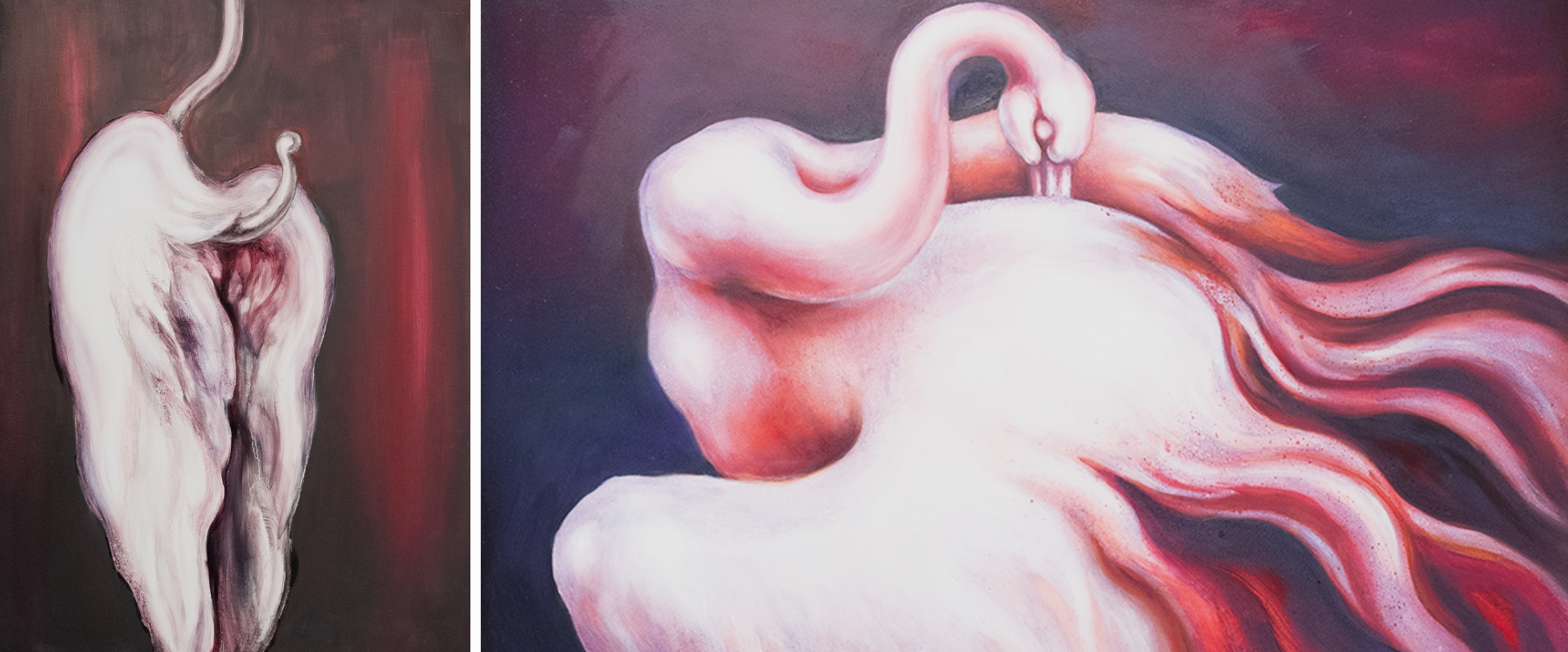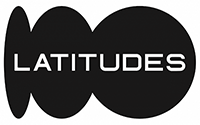Lemkus Gallery | A Hybrid Signal

Lemkus Gallery | A Hybrid Signal
Lemkus Gallery prensents a solo exhibition by Gabriele Jacobs showcases works produced during the five weeks of the residency28 programme. Jacobs’ artistic practice to date has been highly oriented around form, both human and animal, which can be seen in their interest in representational mediums: drawing, painting, and sculpture. Conceptually, this exhibition is an extension of their previous artistic contributions, such as their master’s project Re-Forming the Monstrous (2022), which similarly explores the intersection between queerness, ecology, and the body. Remnants of earlier exhibitions have been placed in conversation with paintings created during the residency as a way of demonstrating the relationship between different modes of making.
From a young age Jacobs has been keenly observant of the natural world, particularly the South African ecosystem. This attentive disposition has culminated in a talent for rendering figures in a highly animate manner, which can be seen in their ability as a draftsman and sculptor. Their lifelong journey as an artist has occurred in conjunction with a coming of (and out of) gender, to the extent that queerness has become a lens through which to augment the dismal reality of a given, pre-discursive world. But this flight from imposed ways of being is by no means a withdrawal from being in general or at least, being in company, and could be further understood through Donna Haraway’s post-humanist ideal that, “To be one is always to become with many” (Haraway, 2008: 4). Read along these lines, Jacob’s work fashions an alternate imaginary of existence, in which new relationships to the land, animals, and plant life are visualised.
A broad mythological spectrum has informed their mode of world-building. Hybrid figures of Greek myths; winged-lions, two-headed dogs, and minotaurs, speak to notions of amalgamation, inhabitations of otherness, and challenge preconceived dichotomies of beauty and monstrosity. These references to archaic European iconographies with a ghostly character intersect with forms, figures, and animals that are ostensibly present. Portrayals of loved ones, local flora, and indigenous birds, reveal a different kind of mysticism, and locate the work within the here and now. The resulting confluence of matter constructs a space of hope and absurdity, in which monstrous sculptures and real-life creatures converse, and construct new realities.
References :
Haraway, D., 2008. When species meet. In The Routledge International Handbook of More-than-Human Studies (pp. 42-78). Routledge.
This show runs from 27th of August - 30th of Decemeber.
Read More





















